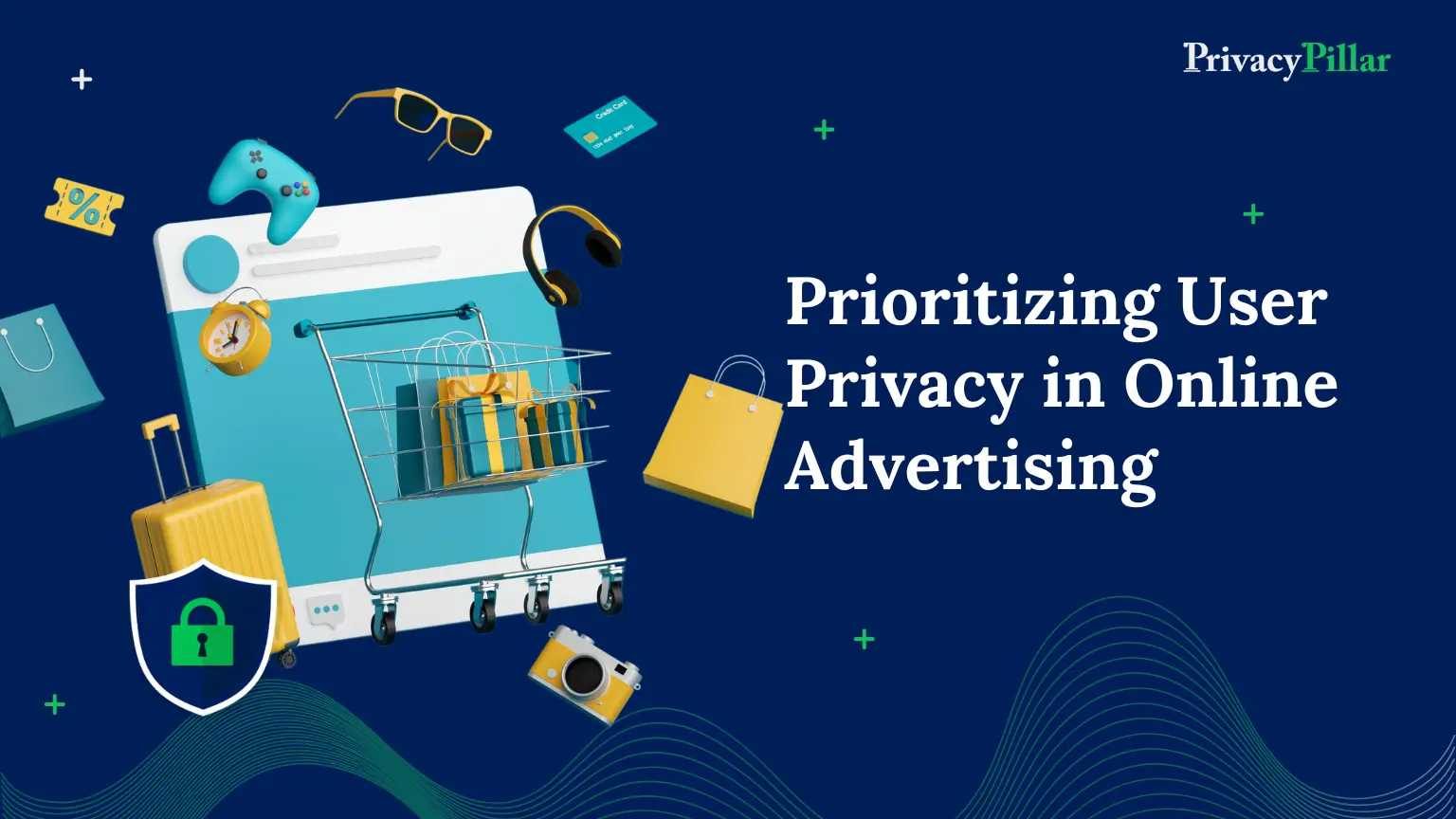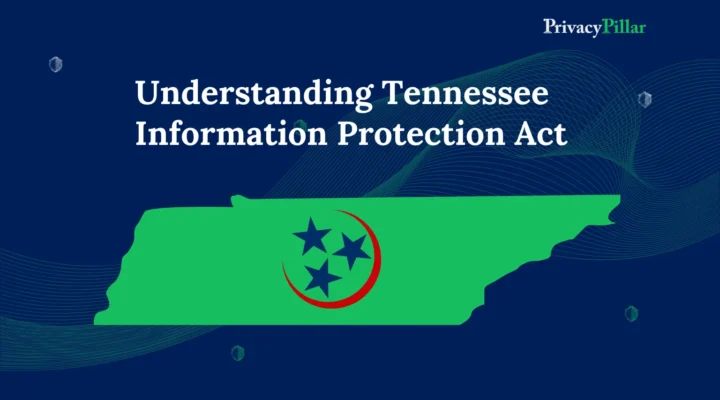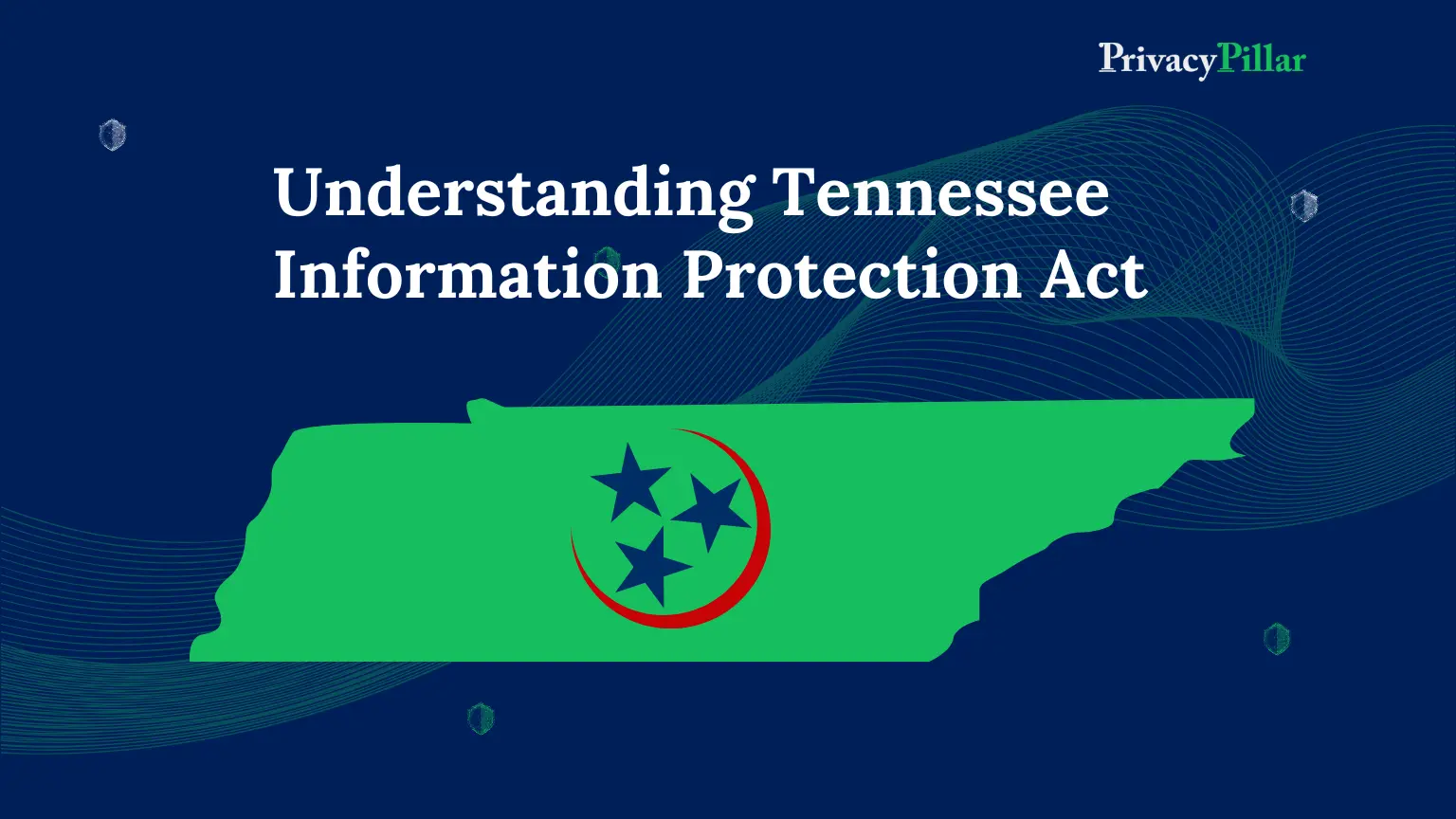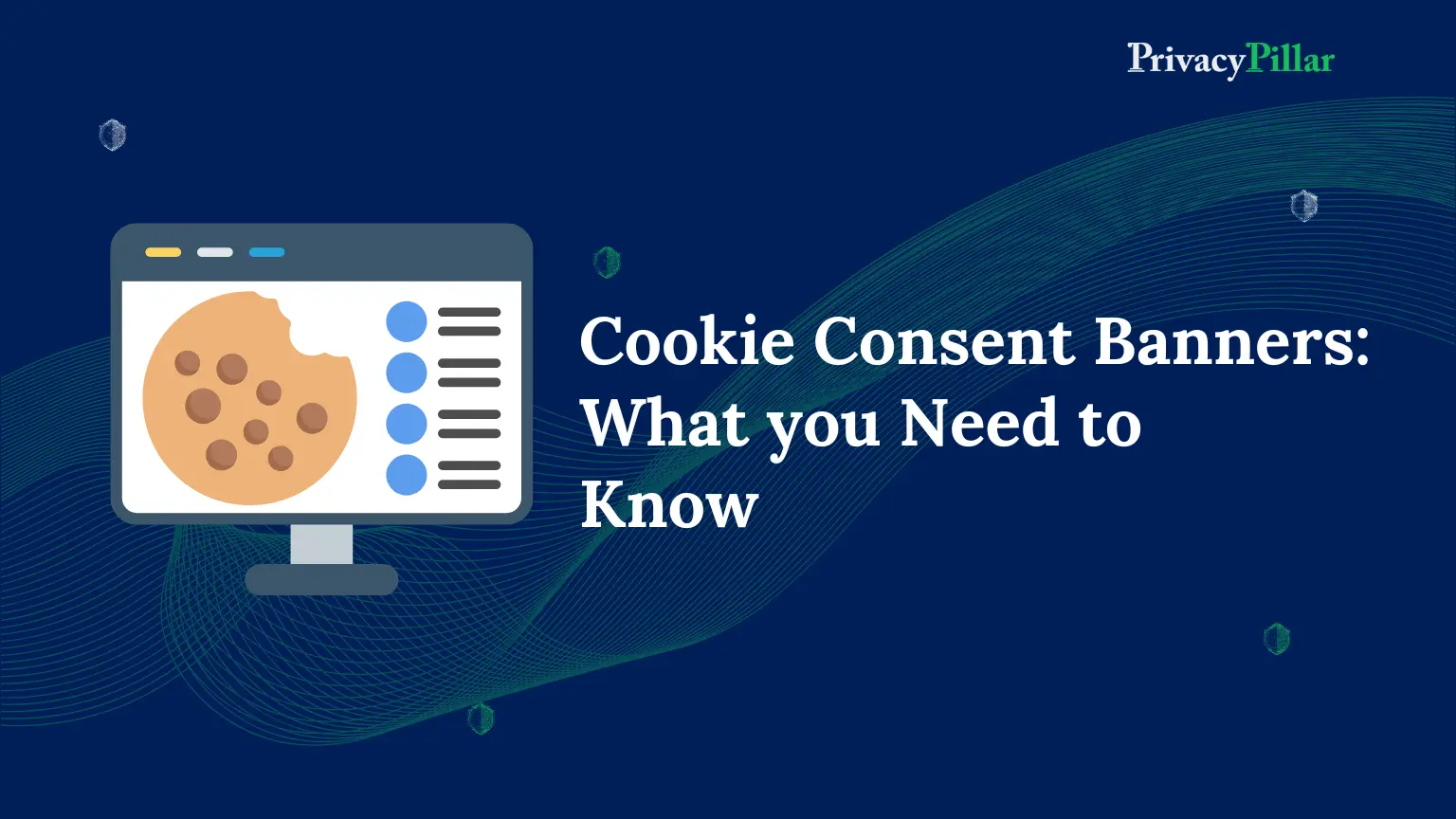
How are you Prioritizing User Privacy in Online Advertising?
The online advertising industry heavily relies on data. But with great power comes great responsibility, especially when that power involves user information. As an online ad publisher, you understand the importance of reaching the right audience with the right message. But are you doing it in a way that prioritizes user privacy in online advertising?
How Online Ad Publishers Obtain and Collect Data
Online ad publishers typically obtain data through various methods:
- First-party cookies: These cookies store information directly collected from a user’s visit to your website, like browsing history and preferences.
- Third-party cookies: These cookies are placed on a user’s device by other websites they visit. Ad publishers can access this data to target users with relevant ads across different platforms.
Data Privacy Statistics You Need to Know
- 87% of consumers believe that it is important for companies to prioritize data privacy. (iapp.org/resources)
- By the end of 2024, it’s predicted that 75% of the global population will have its personal data covered under privacy regulations (Gartner.com)
- 64% of consumers would stop doing business with a company if they knew it was selling their data without permission (www.pwc.com)
- The average cost of a data breach in 2023 was $4.45 million, with 79% of organizations experiencing repeat breaches (www.ibm.com)
What are the Major Privacy Laws and Regulations Impacting Online Advertising?
It’s important to consider your target audience and geographic reach when it comes to data protection laws. Depending on where you operate, you may need to comply with regulations such as the General Data Protection Regulation (GDPR) in the European Union, the California Consumer Privacy Act (CCPA) in the United States, or other regional data protection laws. These regulations have specific requirements for how data is collected, processed, stored, and for obtaining user consent.
General Data Protection Regulation (GDPR)
- GDPR applies to any company processing the personal data of EU citizens, including Global businesses with a presence in Europe.
- Requires user consent for data collection, implementation of data protection safeguards, allowing data access/deletion, and conducting data protection impact assessments.
California Consumer Privacy Act (CCPA)
- CCPA grants California residents rights over their personal data, including access, deletion, opt-out from data sales, and non-discrimination for exercising these rights.
- Requires businesses to implement data protection measures, be transparent about data collection and use, and honor consumer rights requests.
Children’s Online Privacy Protection Act (COPPA)
COPPA restricts the collection of personal information from children under 13 and requires parental consent for targeted advertising to children.
Other Laws
Other State Laws Include:
- Virginia Consumer Data Protection Act, 2021.
- Colorado Privacy Act, 2021.
- Utah Consumer Privacy Act, 2022.
- Connecticut Data Privacy Act, 2022.
Other Global Laws include:
- Personal Information Protection and Electronic Documents Act (PIPEDA) in Canada.
- Protection of Personal Information (APPI) in Japan.
- Brazilian General Data Protection Law (LGPD)
- Mexican Federal Law on Protection of Personal Data Held by Private Parties.
What are the Challenges of Privacy Regulations for Online Advertising?
Implementing privacy laws and regulations has significant implications for the online advertising industry, presenting challenges and opportunities. Here are some key challenges and implications:
- Data Collection and Targeting Limitations: Privacy regulations limit ad tech companies and advertisers from collecting and using personal data for targeted advertising. This affects the effectiveness and relevance of online ad campaigns.
- Consent and Transparency Requirements: Companies need to get clear permission from users before collecting and using their data. They should also give straightforward and open details about how they handle data. This can be difficult because users might be reluctant to give permission or might not fully grasp the impact of their decisions.
- User Rights and Data Management: Privacy regulations provide users with different rights regarding their personal data. These rights include the ability to access, correct, delete, or opt-out of the sale of their data. Complying with these rights necessitates strong data management systems and processes, which can be resource-intensive and complex.
- Cross-Border Data Transfers: Privacy laws often restrict the cross-border transfer of personal data, creating challenges for global advertising campaigns and operations.
- Fines and Legal Consequences: Non-compliance with privacy regulations may lead to substantial fines and Legal consequences, which can inflict financial and reputational harm on companies. Some of the fines under regulations are the following:
- GDPR: Fines can reach up to €20 million or 4% of global annual turnover, whichever is higher.
- CCPA: Fines can be up to $7,500 per violation.
- COPPA: Penalties can reach up to $43,280 per violation.
- GDPR: Fines can reach up to €20 million or 4% of global annual turnover, whichever is higher.
Additionally, if your partners or third-party websites fail to comply with data privacy regulations, you could also be held liable for their defaults. Thus, it is also crucial to ensure all collaborators are compliant.
IAB Transparency and Consent Framework (TCF) and Global Privacy Platform (GPP)
The Interactive Advertising Bureau (IAB) has developed two key frameworks for managing privacy and consent in digital advertising: the Transparency and Consent Framework (TCF) and the Global Privacy Platform (GPP).
IAB Transparency and Consent Framework (TCF)
IAB Europe developed the TCF in 2018 to help digital advertising companies comply with European privacy regulations, particularly the GDPR. It provides a standardized approach for obtaining, storing, and sharing user consent across the advertising ecosystem.
Key aspects of the TCF include:
- Standardizing consent collection and transmission across the digital advertising ecosystem
- Providing transparency to users about how their data is collected and used
- Enabling users to grant or withhold consent for various data processing purposes
- Facilitating compliance with GDPR requirements for publishers, advertisers, and ad tech vendors
- The current version, TCF v2.2, was launched on May 16, 2023, and participants were required to adopt it by November 20, 2023.
Some important changes in TCF v2.2 include:
- Removal of legitimate interest as a legal basis for personalized ads and content
- Improved user-facing standard texts for better transparency
- Standardization of additional information from vendors
- Easier user withdrawal of consent
Global Privacy Platform (GPP)
The Global Privacy Platform, developed by IAB Tech Lab, is a more comprehensive and globally oriented solution for managing privacy preferences in digital advertising. It was finalized and announced for industry adoption in 2022.
Key features of the GPP include:
- Streamlining the transmission of privacy, consent, and consumer choice signals from websites and apps to ad tech providers.
- Supporting multiple privacy regulations and frameworks, including IAB Europe TCF, IAB Canada TCF, and US state-specific privacy requirements.
- Compatibility with universal opt-out mechanisms like Global Privacy Control (GPC).
- Flexibility to adapt to new privacy regulations as they emerge.
Implementing TCF and GPP
To implement these frameworks, online ad publishers can:
- Use a Consent Management Platform (CMP) that supports TCF and GPP
- Integrate the GPP framework directly using technical specifications provided by IAB Tech Lab
- Ensure that all partners in the advertising supply chain are also compliant with these frameworks
What are the best Practices for Privacy in Online Advertising?
To comply with regulatory requirements and address privacy concerns, advertisers, publishers, and other stakeholders in the online advertising industry should adopt the following best practices:
- Data Minimization: Collect only the minimum amount of data necessary for advertising purposes and avoid collecting sensitive information without explicit consent.
- Transparency: Provide users with clear and concise information about data collection practices, including the types of data collected, the purposes of processing, and any third parties involved.
- Consent Mechanisms: Implement strong consent mechanisms that enable users to make informed choices about using their personal data for advertising purposes, including the ability to opt out of targeted advertising.
- Privacy by Design: Integrate privacy considerations into designing and developing advertising technologies and platforms, such as implementing privacy-preserving features and data protection measures by default.
- Data Security: Implement appropriate security measures to protect user data from unauthorized access, disclosure, or misuse, including encryption, access controls, and regular security audits.
- Compliance Monitoring: Regularly monitor and audit advertising practices to ensure compliance with applicable privacy laws and regulations, including the GDPR, CCPA, and other relevant standards.
- Third-Party Compliance: Ensure that all your third-party partners also comply with data privacy regulations.
Conclusion
Data privacy is no longer a choice; it is necessary for online ad publishers. Prioritizing user privacy can help you build trust, enhance your brand reputation, and future-proof your business. By focusing on transparency, consent, data minimization, and strong security measures, online ad publishers can confidently navigate the complex data privacy landscape. At PrivacyPillar, we are committed to helping you achieve this with our comprehensive solutions. Together, we can create a safer and more trustworthy digital environment.
Don’t wait until it’s too late. Make data privacy a priority today!



